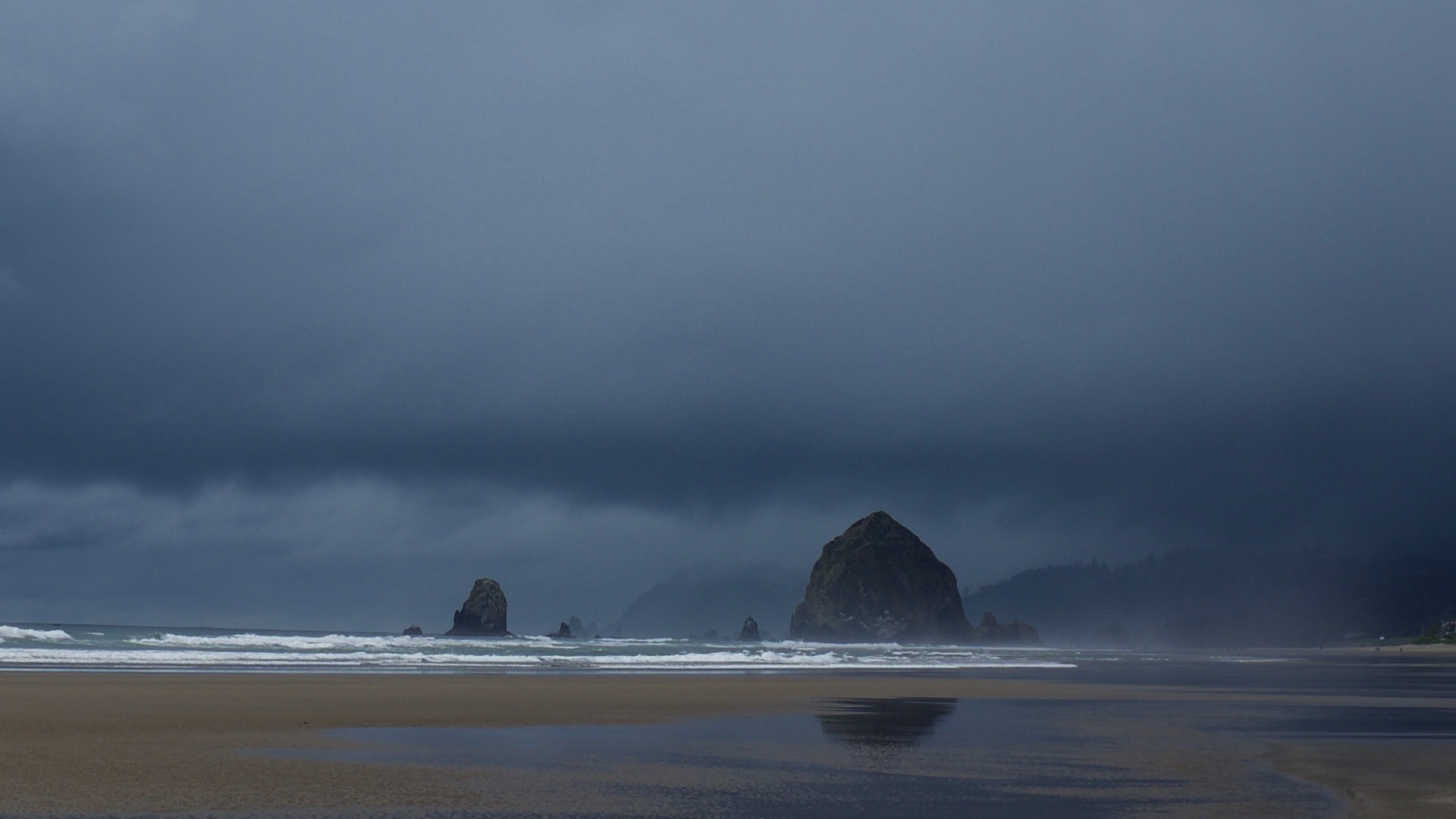

By Nic Lindh on Thursday, 15 April 2004
Jeff Jarvis at BuzzMachine raises some interesting questions about journalism.
A mass media theory that has always been near and dear to my heart is the theory of agenda setting, which basically says that the media are not very good at telling people what to think, but that the media does an excellent job of telling people what to think about. There have been numerous studies about the agenda-setting power of the media, but all my references to them are sitting on one of my backup CDs from my time studying those kinds of things, so just take my word for it or even better, go to a local library and do some research. Fascinating stuff.
That power to set agendas only seems to increase in these times of mass information overload, when there are so many choices screaming for our attention and the easiest way out becomes to simply lean back in the cold blue light of the TV screen and let Dick Steele, Blow Hard, and the other characters on your local TV news guide you away onto the mayhem-filled streets of contemporary America, followed by some guy with a mustache spewing stats about sports and and a chipper humanoid talking about the weather.
When this is coupled with the increasing isolation of daily life–a long commute, long hours at work, followed by chauffeuring the kids around doesn’t leave the average suburbanite with much time or energy to lead an active and fulfilling social life–the mass media noose fits tighter and tighter.
This is arguably one of the most appealing aspects of blogging: After some searching and hits and misses, it is possible to find other people who share your interests and communicate with them in a non-linear fashion through blog posts and comments. Thus it becomes much easier to create a virtual network of friends–or at least acquaintances.
You could argue that this is what’s been happening for a long time in various online communities like chat rooms, mailing lists, and MUDs. The big difference is that those communities are focused on a shared interest, like sewing, installing Linux on strange hardware, fly fishing, or what have you. Blogs are people sharing their interests and experiences in a more–dare I use the word?–holistic way. Blogs are more about the person than the person’s interests. (Not always, of course, but on the kind of blogs pertinent to this discussion.)
What does this mean for journalism? That the agenda-setting power of “traditional” journalism is blunted. And that is a good thing.
Blogs also pose another threat to “traditional” journalism: Distributed expertise. No longer do people have to trust the expert opinions of the people on the journalist’s rolodex–there are other people out there with other takes on the same subject matter, and they are no longer reduced to competing for space in the letters to the editor section–they have their own printing press.
We can all buy bits by the barrel.